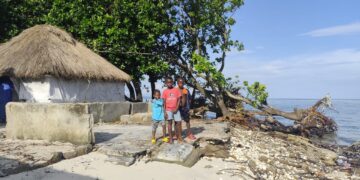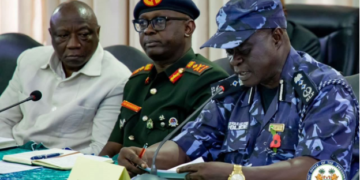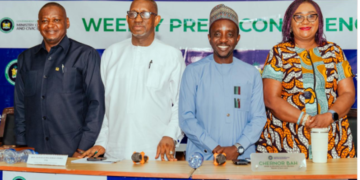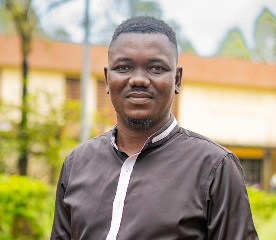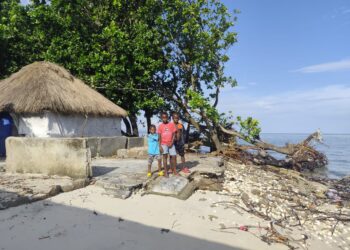By Alimamy Mamoud Larkoh (Communication and Media Analyst)
Introduction
Sierra Leone’s political system is shaped by its colonial past, a devastating civil war, and ongoing efforts to build stable democratic governance. Since gaining independence in 1961, the country has experienced authoritarian rule, violent conflict, and fragile peace. Today, while elections are held regularly and power has shifted between the Sierra Leone People’s Party (SLPP) and the All People’s Congress (APC), significant structural and societal challenges persist.
Historical Roots and Political Divides
Ethnic and regional affiliations have long influenced Sierra Leone’s political landscape. The SLPP enjoys strong support in the southern and eastern provinces, largely populated by Mende-speaking communities. Meanwhile, the APC maintains its base in the northern and western regions, where Temne and Limba groups are dominant.
This deeply entrenched political alignment has often prioritised ethnic loyalty over national policy. As a result, the development of issue-based politics has been slow, weakening democratic accountability and fostering division.
The authoritarian rule of Siaka Stevens in the 1970s and 1980s, followed by the 11-year civil war (1991–2002), left a legacy of mistrust in government institutions. Though peace has been restored with support from international partners, inclusive governance and institutional reform remain ongoing challenges.
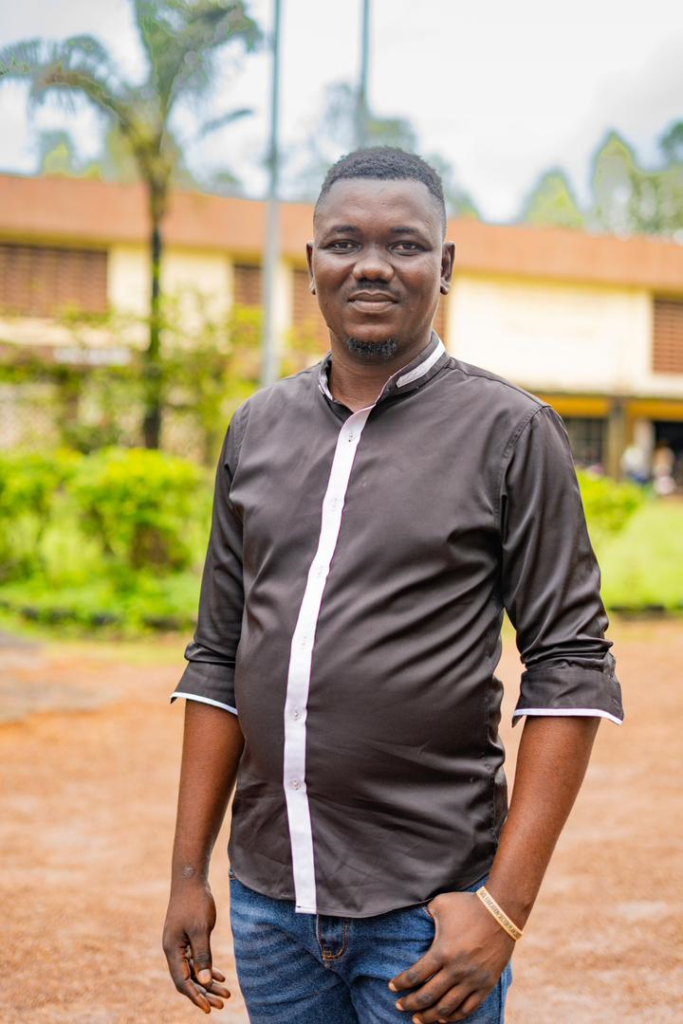
Democratic Progress and Lingering Tensions
Post-war Sierra Leone has made notable democratic strides, including the holding of multi-party elections and peaceful transitions of power. However, electoral integrity remains a contested issue. The 2023 elections, which saw the re-election of President Julius Maada Bio, were marred by opposition allegations of fraud and a lack of transparency. The APC’s rejection of the results exposed persistent concerns about the impartiality of the Electoral Commission and other key bodies.
Despite SLPP-led efforts to expand access to education and tackle corruption, critics argue that these policies are unevenly implemented. Political patronage and selective justice continue to hinder broad-based reform.
Youth and Civil Society: Rising Voices, Limited Power
With over 60% of the population under the age of 30, Sierra Leone’s youth represent a powerful demographic. Yet, they remain largely excluded from political decision-making. While young people are increasingly vocal, especially through digital platforms, their formal influence in governance remains minimal.
Civil society organisations play a crucial role in advocating for transparency, good governance, and human rights. However, limited government collaboration and a shrinking civic space have constrained their impact. The potential of both youth and civil society remains underutilised in national development efforts.
Economic Challenges and Governance Deficits
Sierra Leone’s economic challenges continue to deepen public disillusionment with political leadership. Inflation, high youth unemployment, and a depreciating currency have made daily life difficult for most citizens. Despite the country’s abundant natural resources, including diamonds, gold and iron ore, poor management and endemic corruption have kept much of the population in poverty.
Solving these issues will require more than policy declarations. It calls for transparent governance, equitable economic planning, and a firm commitment to public accountability.
Pathways Forward
To secure democratic progress and national stability, Sierra Leone must address several urgent priorities:
Strengthen electoral processes to ensure transparency, fairness, and public trust.
Reinforce institutional independence, particularly in the judiciary, security forces, and anti-corruption agencies.
Decentralise governance by empowering local councils and improving resource distribution.
Promote youth inclusion in policymaking and leadership roles to harness the country’s demographic dividend.
Support political pluralism by encouraging alternative voices and breaking the dominance of ethnic-based party politics.
Conclusion
Sierra Leone is at a pivotal point in its political development. While the country has achieved relative peace and democratic continuity, the foundations of its political system remain fragile. Ethnic divisions, economic hardship, and weak institutions continue to undermine trust in governance.
The road to a more inclusive and resilient democracy lies in bold reforms, inclusive leadership, and a national commitment to fairness and unity. With the right choices, Sierra Leone can move beyond the legacy of conflict and build a future grounded in justice, accountability, and hope.


